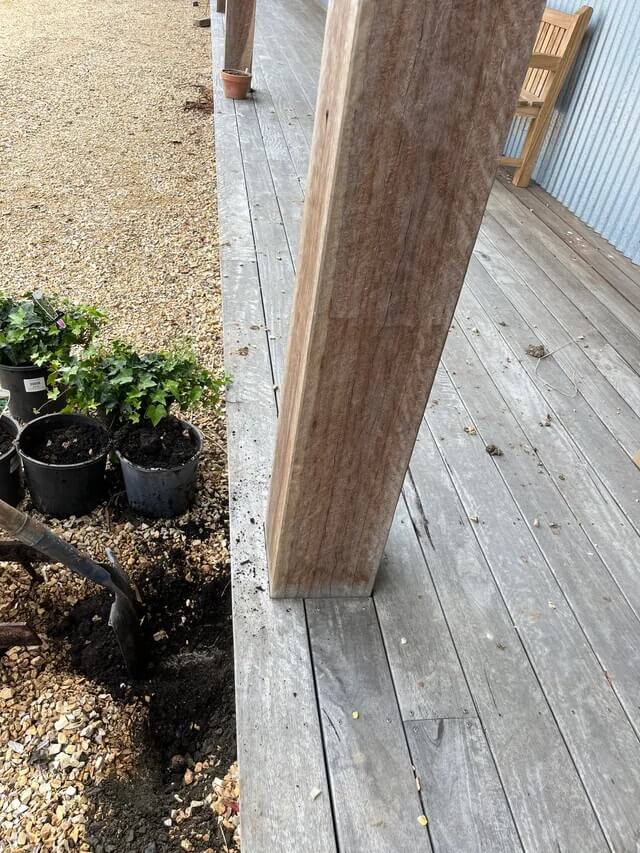Buildings covered in ivy can give a fairy-tale aesthetic that is reminiscent of homes for aspiring princes and princesses.
One Redditor wanted to replicate the look at their property and took to the platform to ask users of the r/Gardening subreddit for advice.
"So I have a barn and I want to cover it in English ivy (Hedera helix)," they began. "The plan was to grow it up the posts of the barn, however the posts have concrete footings, which means the soil on top is around 6 inches."

They went on to say that after doing research, they discovered ivy has shallow roots, so they expected it to work its way past the concrete base with little trouble. But, just in case, they called for any tips to encourage the climbing plant to grow healthily and in the right direction.
They perhaps didn't anticipate the warnings that followed.
"English Ivy is invasive if you aren't in England," one user said. "You will actively damage the ecosystem and your own property if you don't burn those ivy starts."
"Not only will it spread, it will destroy your barn and choke out other plants," added another Redditor. "Your community will appreciate you not planting it."
Indeed, the comments also featured horror stories from other gardeners, with one telling how their sweet gum tree is wrapped in the plant despite regular attempts to get rid of it.
Another recounted how they had bought a house with one side covered in ivy, and they soon found it had made its way inside.
Fortunately, the tales of other Redditors made an impact, and the original poster said they had ditched the English ivy and instead decided to grow Boston ivy.
It serves as a reminder that native plants are much wiser to add to a yard or garden simply because they won't cause as many problems as potentially invasive species from other parts of the world.
They serve other purposes, too. For example, in areas of high temperatures and drought, native plants will be better equipped to survive with little water and maintenance, making them a great alternative to a water-intensive garden that will use up valuable drinking water.
Join our free newsletter for easy tips to save more, waste less, and help yourself while helping the planet.









